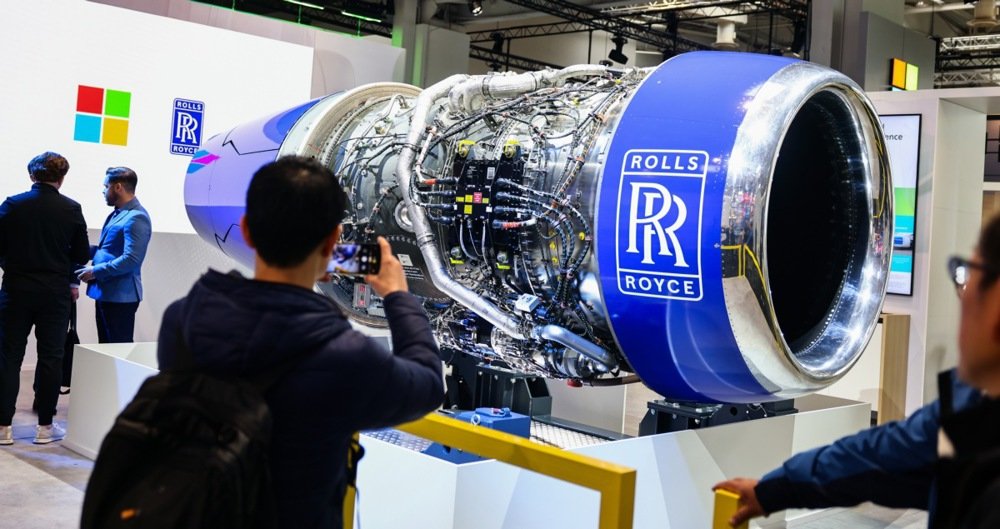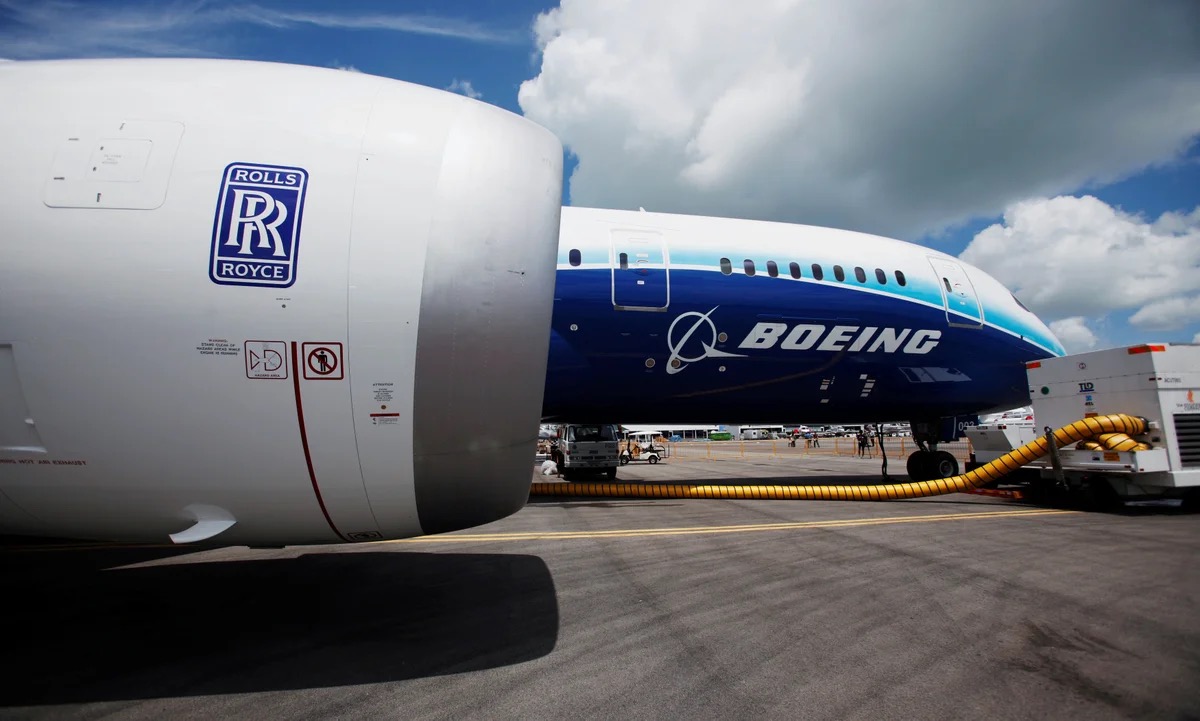In a significant development raising concerns about corporate accountability and geopolitical ethics, aerospace giants Boeing and Rolls-Royce have come under scrutiny for lobbying efforts aimed at easing sanctions on Russia. These revelations come at a time when the international community remains steadfast in applying economic pressure on the Kremlin in response to its ongoing war in Ukraine.
Both companies, long known for their global reach and influence, appear to have prioritized commercial interests over geopolitical alignments. While sanctions have been imposed by the United States, the European Union, and other Western allies to isolate Russia economically, the lobbying activities of these firms suggest a different narrative being played out behind closed doors.

Boeing, the American aircraft manufacturing titan, has a long history of sourcing titanium from Russia, a material critical to the production of aircraft components. Even after the start of the war in Ukraine and the subsequent exodus of Western companies from the Russian market, Boeing reportedly maintained ties to Russian suppliers through complex logistical and legal arrangements. Despite publicly stating that it had suspended its operations in Russia, the company’s continued dependency on Russian titanium and involvement in indirect supply routes indicate a nuanced strategy to shield key business activities from the full brunt of sanctions.
Simultaneously, lobbying efforts were underway to influence U.S. policy regarding the aerospace supply chain. These efforts focused on securing exemptions and softening the application of export restrictions related to aviation materials and components. Critics argue that these back-channel maneuvers effectively undermined the broader intent of the sanctions regime, which is designed to deprive Russia of the resources and technology necessary to sustain its military and industrial capacity.
Rolls-Royce, the British engineering powerhouse known for its aircraft engines, finds itself in a parallel controversy. Though it has not faced the same level of public attention as Boeing, internal documents and whistleblower accounts suggest that the company also lobbied British and European regulators to water down elements of the sanctions policy that would directly impact its contracts and engine servicing obligations in Russia.
In addition to lobbying for exemptions, Rolls-Royce is alleged to have pushed for a delay in the implementation of specific export controls. This allowed the company to meet ongoing contractual obligations and maintain lucrative support agreements with clients operating in Russian airspace. Such actions, while technically legal in some cases, expose the gaps between policy declarations and corporate practices.
The ethical implications of these lobbying campaigns are far-reaching. While it is not uncommon for corporations to advocate for their interests, doing so in the context of a global conflict—particularly one involving widespread human rights abuses and threats to international stability—raises difficult questions about corporate responsibility. The actions of Boeing and Rolls-Royce reveal a tension between national foreign policy goals and private economic incentives, a dilemma that continues to challenge global governance frameworks.

Legal experts and policy analysts are now calling for greater transparency and stricter oversight of corporate lobbying, especially in sectors tied closely to national security. There are growing demands for mandatory disclosure of lobbying activities related to sanctioned regions, as well as for the introduction of stronger penalties for companies that are found to undermine international sanctions.
As the war in Ukraine continues and the geopolitical landscape evolves, the role of multinational corporations in either supporting or weakening global efforts to enforce peace will remain under intense scrutiny. The revelations about Boeing and Rolls-Royce may just be the tip of the iceberg, prompting broader investigations into how business and politics intersect in times of international crisis.
In the meantime, governments and civil society organizations are urging companies to align not just with the letter of the law but with the moral imperatives behind sanctions—to stand on the right side of history when it matters most.












